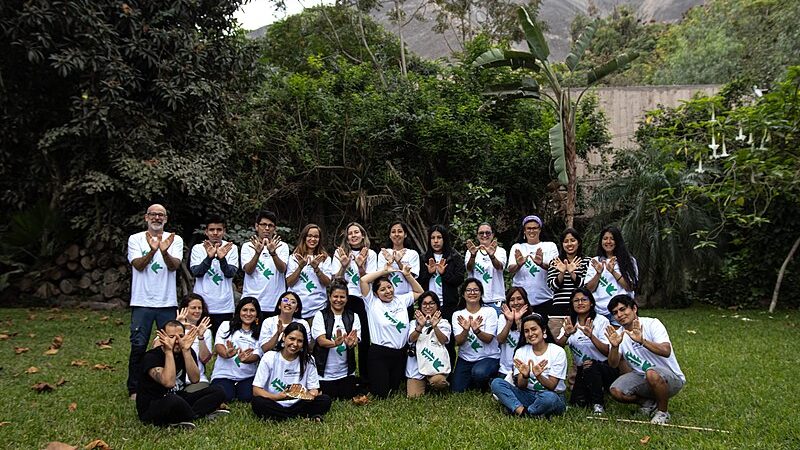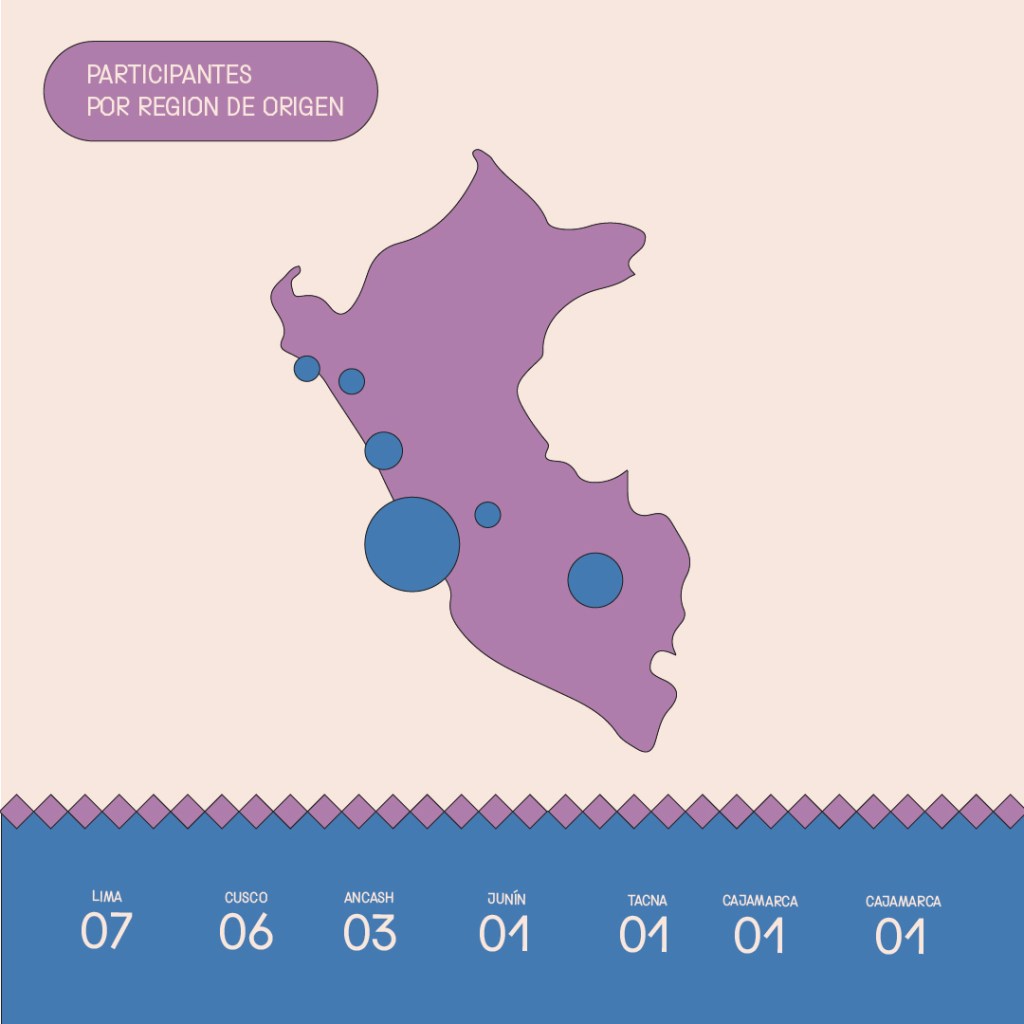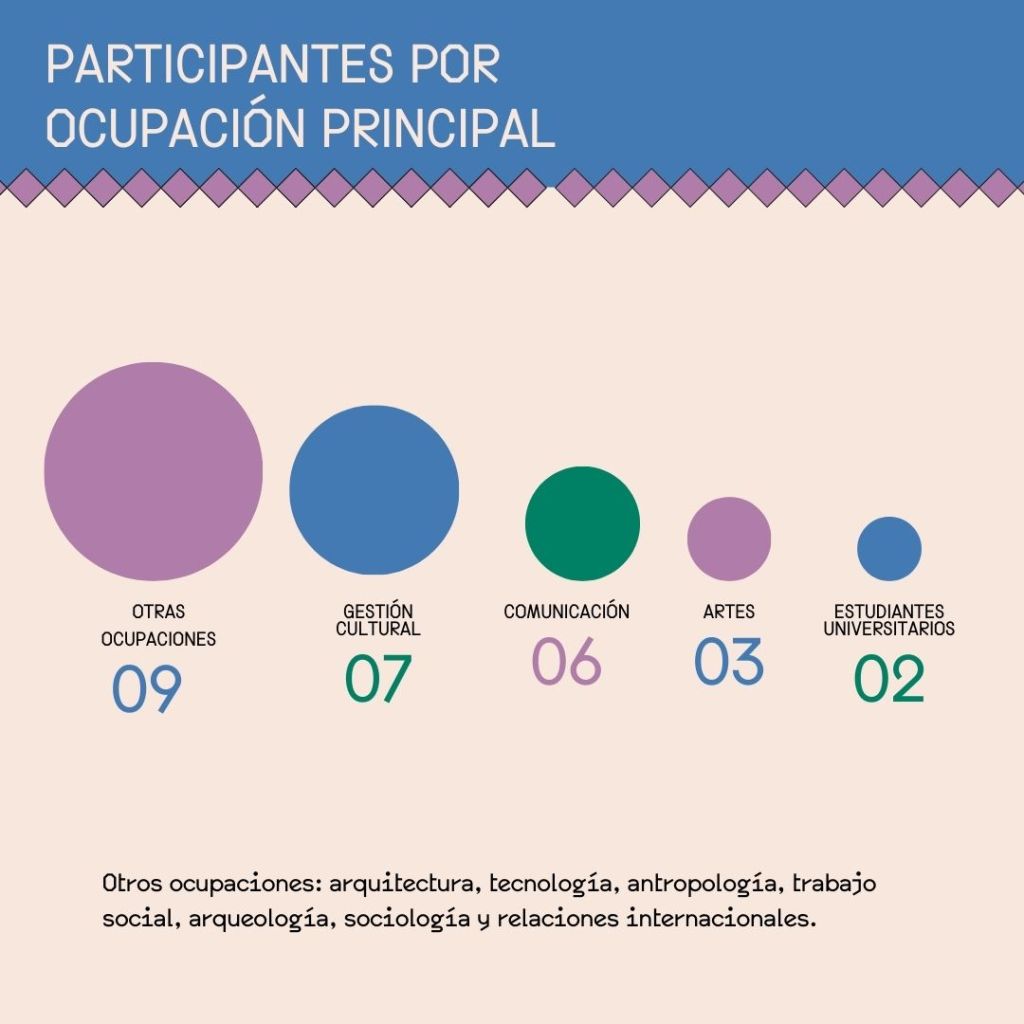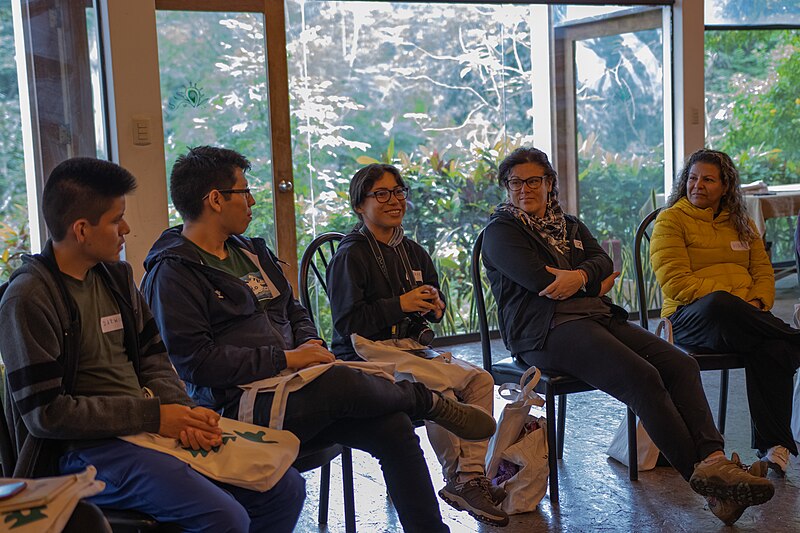The first ever WikiCamp or Summit for Wikipedia Activism in Peru was celebrated from June 9 to June 11 2023 in the Pachacámac district, south of Lima, organized by WikiAcción Perú (lit. WikiAction Peru).
This camp was aimed at activists in ecology, gender and culture, who wished to participate or know more about the Wikimedia movement. We received 33 applications and selected twenty people to participate coming from seven Departments: Áncash, Cajamarca, Cusco, Junín, Lambayeque, Lima and Tacna.
The main goal of this summit was to hold space for sharing, learning and exchanging experiences in activism related to ecology, gender and Peruvian culture in Wikimedia platforms. At the same time, we looked forward to hosting people with common interests so that they would forge new links among them as the foundation of a larger sense of community and collective action.
The calling was focused mostly to volunteers living in Peru who had contributed on Wikimedia platforms, previous participants of WikiAcción Peru and activists in ecology, gender and culture who demonstrated interest in the Wikimedia movement. The group of twenty people selected came from a variety of professional experiences, and were—for the most part—young people who also were part of other citizen collectives and non-profit organizations..
THE PROGRAMME
This community meeting took part over three continuous days, during which we had thematic lectures, workshops, an editathon and several assorted group dynamics to share our experiences towards strengthening the work of other Peruvian activists in ecology, gender and culture through the Wikimedia projects (mostly Wikipedia and Wikimedia Commons).
We want to make particular mention of three keynote speakers on transversal topics to the Wikimedia movement. These were Karina Castro, speaking about the environmental work of CooperAcción; Zoila Antonio and Emma Ramos, speaking on the work of La Antígona (lit. Antigone), an independent feminist media outlet; and Allison Peralta, speaking about the intercultural focus of the work done at the Ministry of Culture.
Also during the event, there was an editathon focused on making significant changes to 8 articles in the Spanish Wikipedia: the PIACI Act, the biography of Rosa Cerna Guardia, the Mashco piro people, the Manu National Park, the article on Tropical glaciers, the documentary Tambogrande: Mangos, Muerte, Minería (lit. Tambogrande: Mangoes, Death and Mining), the article about theParanapura river, and the biography of Teresa Gonzales de Fanning.
We had a workshop on «How to host Wikimedia activities», participants learned the basic notions on how to design cultural projects, the principles of the Wikimedia movement and an overview of the funding programs given by the Wikimedia Foundation.
During the Strategic Planning workshop, people worked on generating ideas surrounding the existing ecology, gender, and Peruvian culture gaps in the Wikimedia projects, and there were 68 main subjects identified. Moreover, more ideas and testimonies were gathered throughout the event in order to improve the strategic planning of WikiAcción Peru.
The diversity of participants’ professional paths, interests and their openness to dialogue allowed everyone to share in a rich, deep discussion, able to hold many different perspectives: the perspectives of their respective regions, local problems on government and legislation, citizen incidence to obtain and use data, and approaches by artist-activists.
All of these activities allowed us to better know the profiles of the participants, as well as their needs as activists. At the end of the event, we identified a few common themes and motivations to contribute to the Wikimedia projects:
- Being a Wikipedian means encouraging free knowledge and setting in action strategies to strengthen local communities,
- To safeguard knowledge through credible sources, aiming for neutrality, using simple, understandable language.
- Rethinking knowledge and exploring ways of recovering ancestral knowledge to be uploaded and shared on Wikipedia, while acknowledging authorship.
- To acknowledge the need of high-quality photographs to improve contributions.
METHODOLOGY
We had support from an facilitation team external to WikiAcción, who were also in charge of documenting and reporting the event. Our methodology focused on mixing moments of formation, dialogue, editing, group dynamics, as well as the inclusion of Andean and Amazonian traditions such as an Opening offering, using illustrations of Guamán Poma de Ayala, the coca leaf and pututu [playing].
In the Final Report you can find detailed chronicles of every activity we had, comments from participants, links to key documents and other related content.
LEARNINGS FROM THIS FIRST SUMMIT
- Inclusion and democratization of knowledge: this WikiCamp emphasizes the importance of being inclusive and national in future callings, allowing for people from different regions and diverse experiences take part in creating knowledge in Wikipedia. This focus may inspire other communities to open their doors to a wider range of collaborators, as well as working for the democratization of information.
- Awareness on access gaps: It is essential to recognize several gaps: of information access, of connectivity, of mobile devices in certain regions. Bearing this in mind means we need to learn to not presume good access to technology and information across the country, and highlights the importance of spreading this knowledge and activism to rural, impoverished areas where these gaps are greater.
- Focusing on community collaboration: The group of activists at this WikiCamp acknowledges the need to collaborate and share knowledge in benefit of the community as a whole. This may inspire other Wikipedians to work together to improve the quality and relevance of new and existing contents in Wikipedia.
- Interconnectedness of subjects: We reached a common understanding of the ways in which ecology, gender and culture are connected between them, as well as the importance of treating their issues in an integrated manner in Wikipedia. This may help promote a more complete, more accurate narrative in all articles related to these subjects, as well as raising awareness on these interactions.
- Skill development: The development of courses, workshops, and practical activities such as photo-walks and editathons, must always be focused on developing skills in editing, writing, photography and other key aspects of contribution to Wikipedia.
- These learnings may serve as guide for other activist communities who wish to improve and strengthen their participation in Wikipedia and face critical subjects such as ecology, gender and culture in a Peruvian context and beyond. Interest in these axes of action is demonstrably there, which further encourages us to continue working in our commitment to improve Wikipedia and democratize access to knowledge in Peru.
These learnings may serve as guide for other activist communities who wish to improve and strengthen their participation in Wikipedia and face critical subjects such as ecology, gender and culture in a Peruvian context and beyond. Interest in these axes of action is demonstrably there, which further encourages us to continue working in our commitment to improve Wikipedia and democratize access to knowledge in Peru.
IMAGE GALLERY
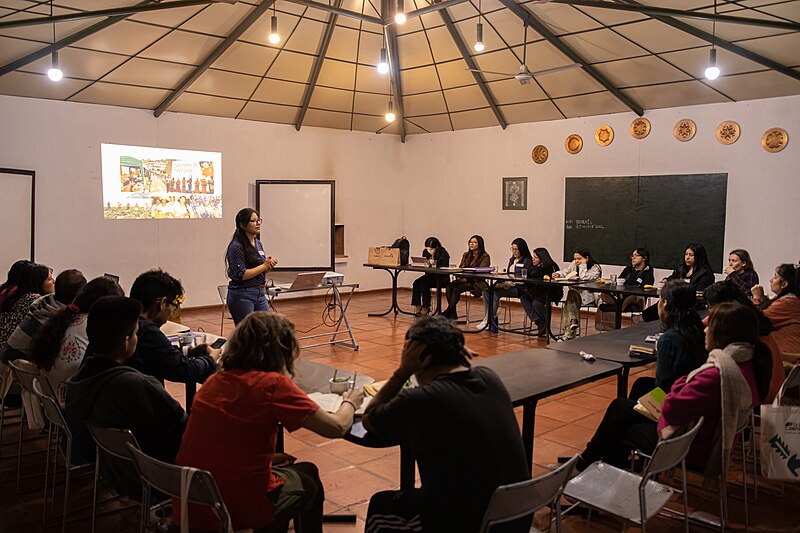
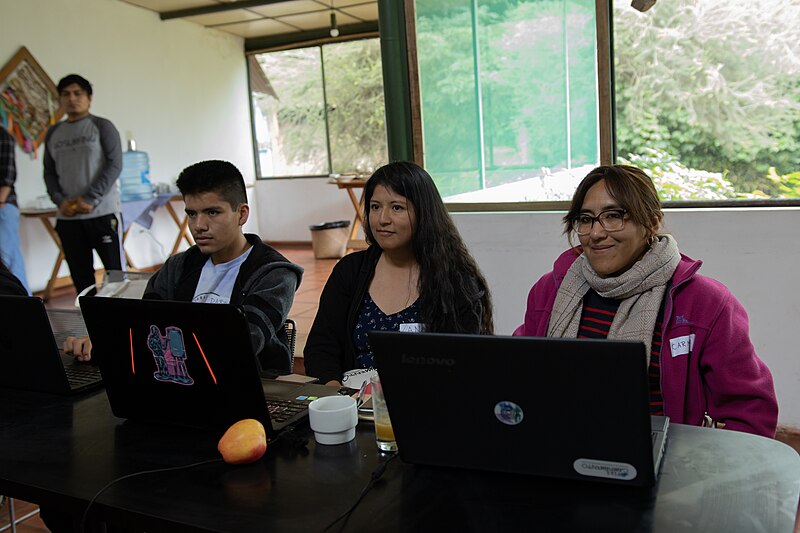
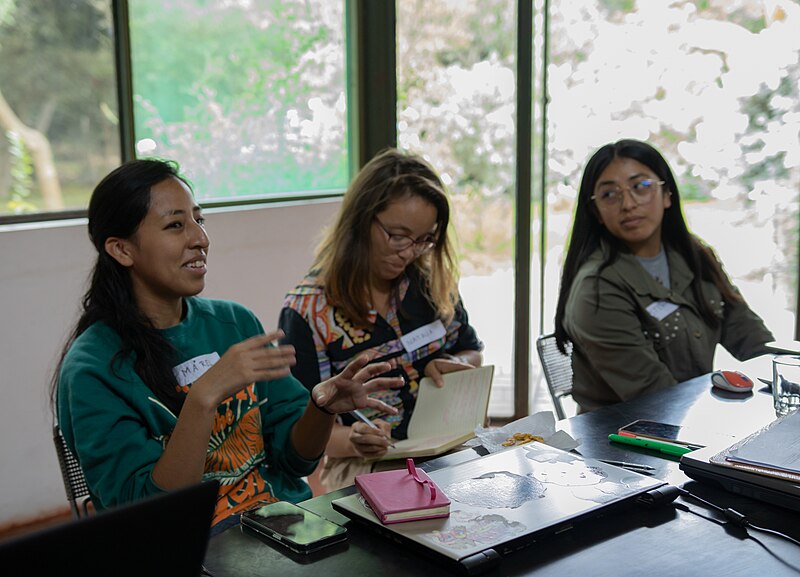
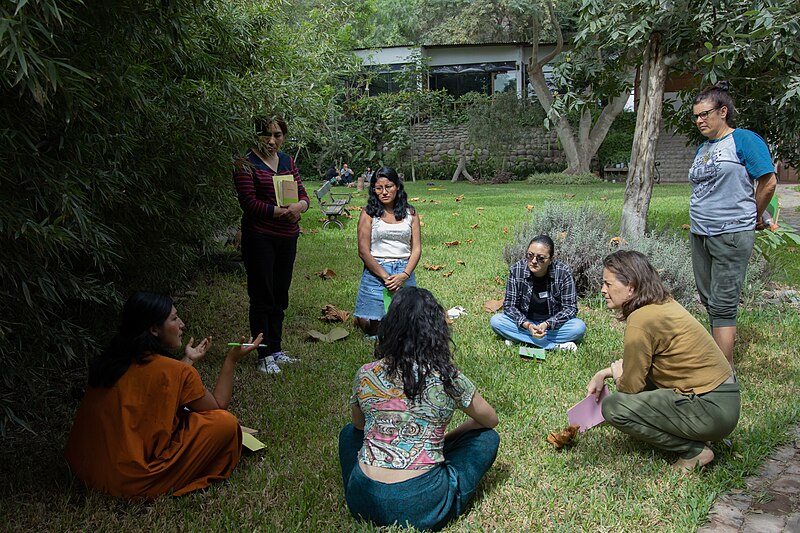
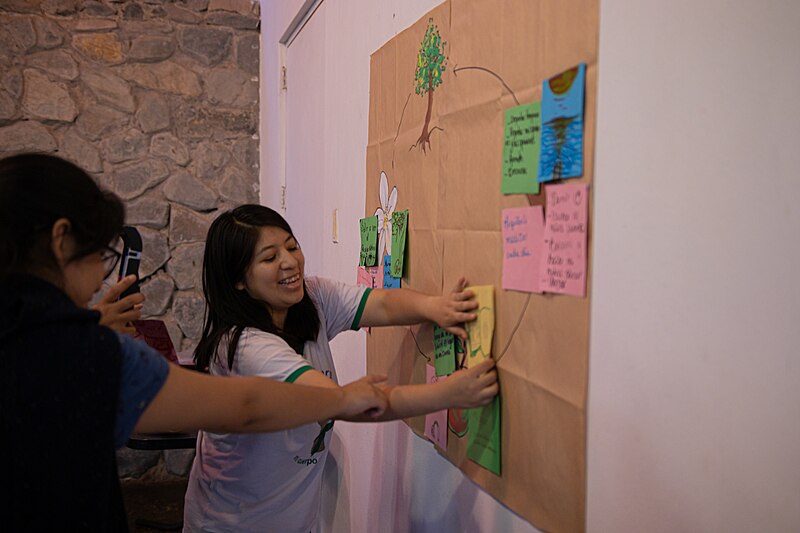
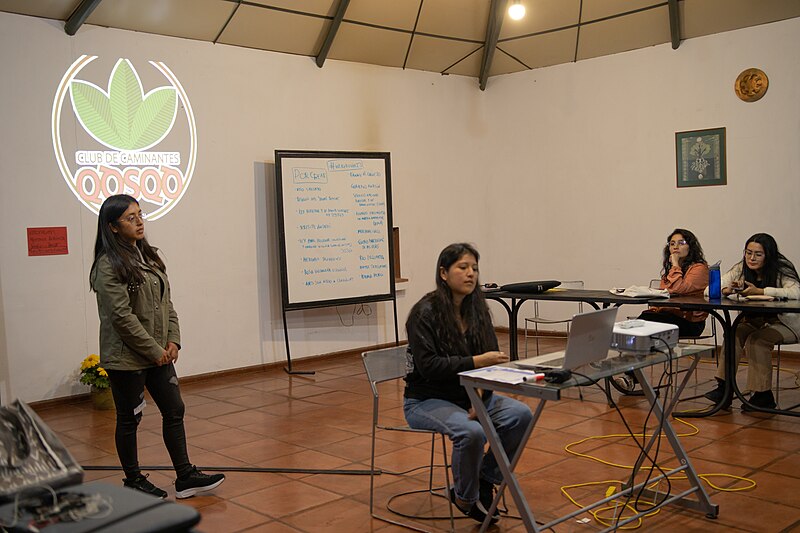
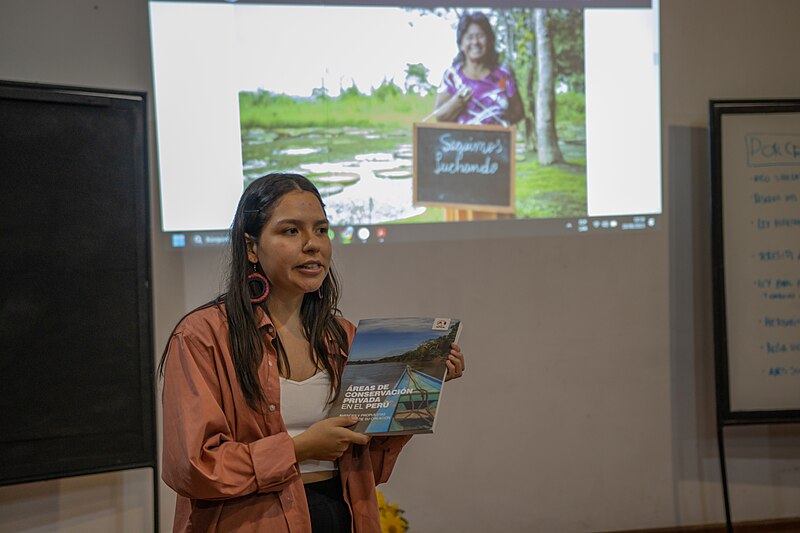
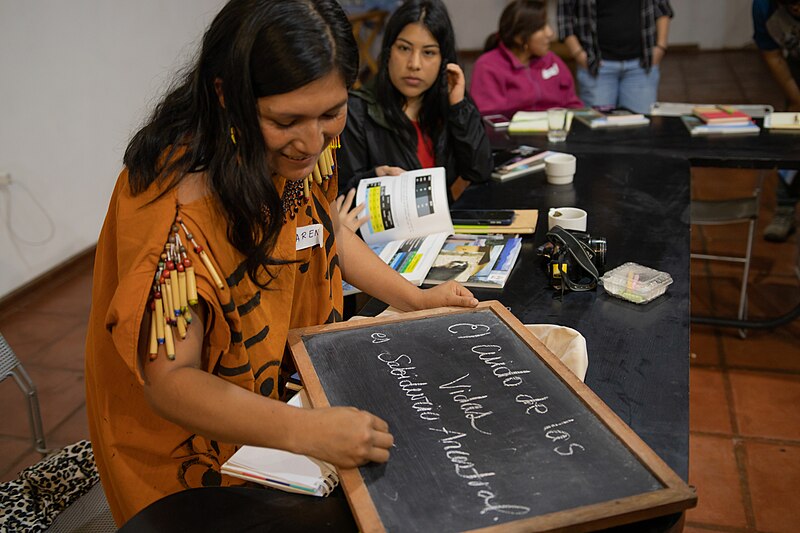
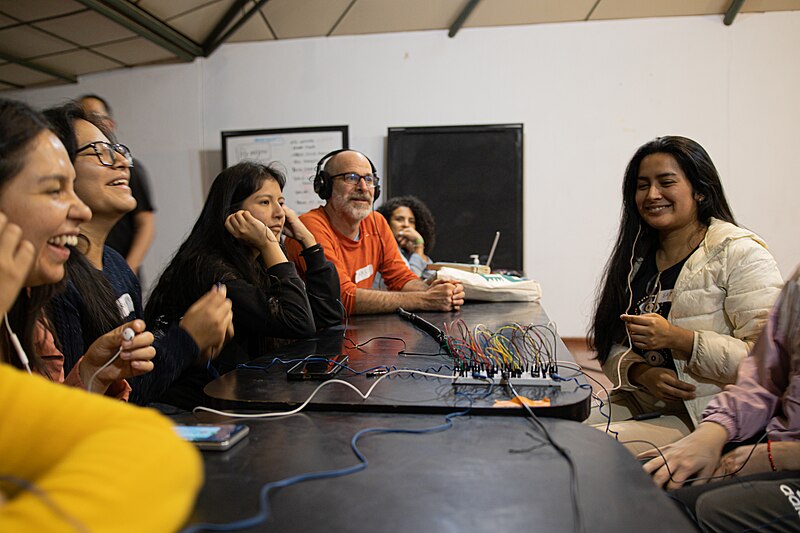

Can you help us translate this article?
In order for this article to reach as many people as possible we would like your help. Can you translate this article to get the message out?
Start translation
